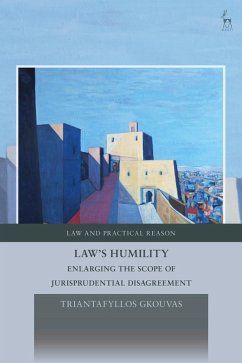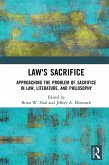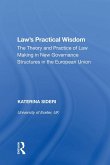This book invites newcomers to analytical legal philosophy to reconsider the terms in which they are accustomed to describing and defending their jurisprudential allegiances. It argues that familiar taxonomic labels such as legal positivism, natural law theory and legal interpretivism are poor guides to the actual diversity of views on the nature and normativity of law, mainly because they fail to carve up the reality of jurisprudential disagreement at its joints. These joints, the author suggests, are elusive because the semantics of law systematically misplaces them. Their true nature resides in the metaontological and metanormative features that dictate or indicate the target of a theory's jurisprudential commitments.
The book advocates a new vocabulary for articulating these commitments without eliminating the use of familiar criteria of division among competing theories of law. The resulting picture is a much broader platform of meaningful disagreement about the nature and grounds of legal truth and legal normativity. Albeit based on a factualist-cognitivist understanding of the sources and grounds of law, the book reserves ample room for the unconvinced. Those suspicious of the project of "ontologising" theoretical disagreements in law can avail themselves of the quietist or anti-metaphysical avenue that the book's alternative taxonomy also makes available. The humblest path to law's reality may not be metaphysically ambitious after all.
The book advocates a new vocabulary for articulating these commitments without eliminating the use of familiar criteria of division among competing theories of law. The resulting picture is a much broader platform of meaningful disagreement about the nature and grounds of legal truth and legal normativity. Albeit based on a factualist-cognitivist understanding of the sources and grounds of law, the book reserves ample room for the unconvinced. Those suspicious of the project of "ontologising" theoretical disagreements in law can avail themselves of the quietist or anti-metaphysical avenue that the book's alternative taxonomy also makes available. The humblest path to law's reality may not be metaphysically ambitious after all.









